Was there really a William Shakespeare or did somebody else write under this name?
Few would argue that the name of William Shakespeare is one of the biggest names, if not the biggest name, in the annals of literature. Those few that would call that assumption into question do tend to go one step further and say that Shakespeare never wrote a single word attributed to him.

Other Than Plays, Very Few Records Exist
One of the biggest clues for this train of thought is the almost total absence of documentary evidence about the man himself. Removing the plays, sonnets, and works from the equation, there is very little evidence to support the existence of Shakespeare. A handful of signatures have survived the ravages of time.
There is also a record of his marriage to Anne Hathaway and a single pair of portraits. Business transactions that have nothing to do with writing and the last will and testament covering three whole pages are all the documents that have survived to the modern day.
No records of his education have ever come to light and neither has a draft copy of a manuscript handwritten by Shakespeare been produced to bolster the claim that William Shakespeare is the true author of these eternal works.
You may also like: Mystery of Edwin Drood: Dickens Unfinished Book
In the several decades after the death of William Shakespeare, many budding writers of the time targeted Shakespeare’s legacy to establish their own names as an official biographer. The problem with that aim was the distinct lack of solid evidence supporting known facts about his life. Much of what was found was either fraudulent or full of errors.
Perhaps it was this very lack of proper substance that once prompted acclaimed American author Mark Twain to famously declare
So far as anybody actually knows and can prove, Shakespeare of Stratford-on-Avon never wrote a play in his life.
Mark Twain
If he didn’t, then who did?
Edward de Vere
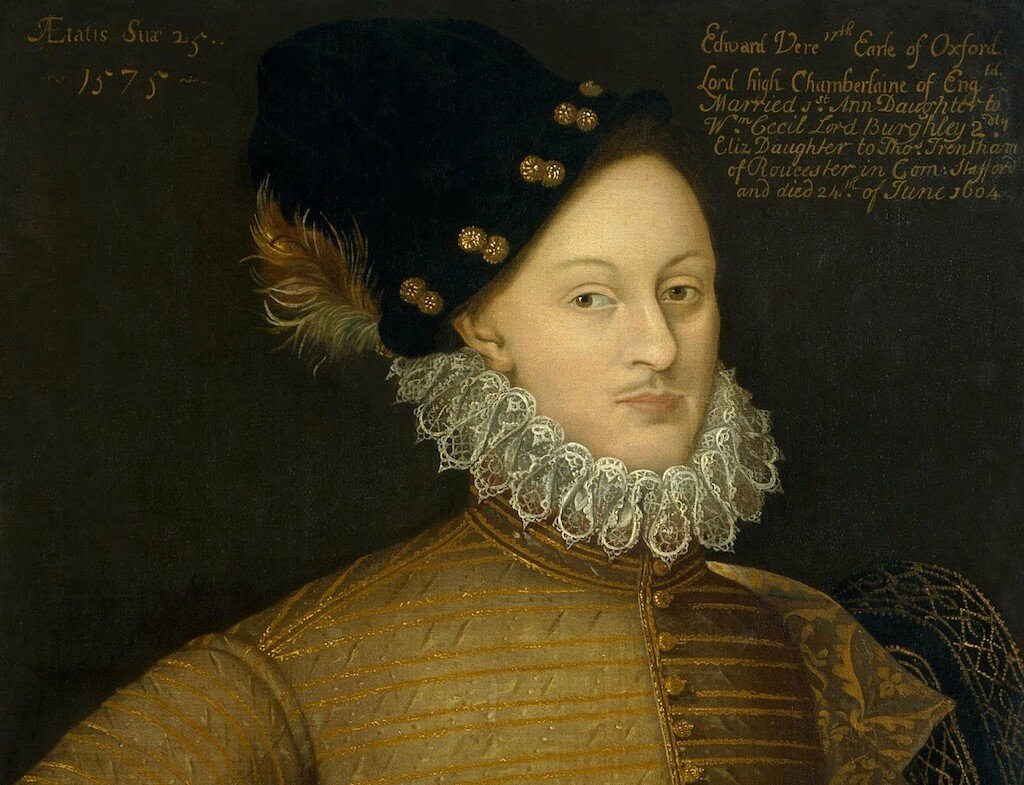
The 17th Earl of Oxford was a courtier poet to Queen Elizabeth I and held the position of Lord Great Chamberlain of England. There isn’t very much evidence to support this claim. But there are some references within the plays that mirror de Vere’s life. Some insist that a series of codes contained within the prose that implicate de Vere as the genuine author. This also serves as the plot of the film Anonymous starring Rhys Ifans.
Sir Francis Bacon
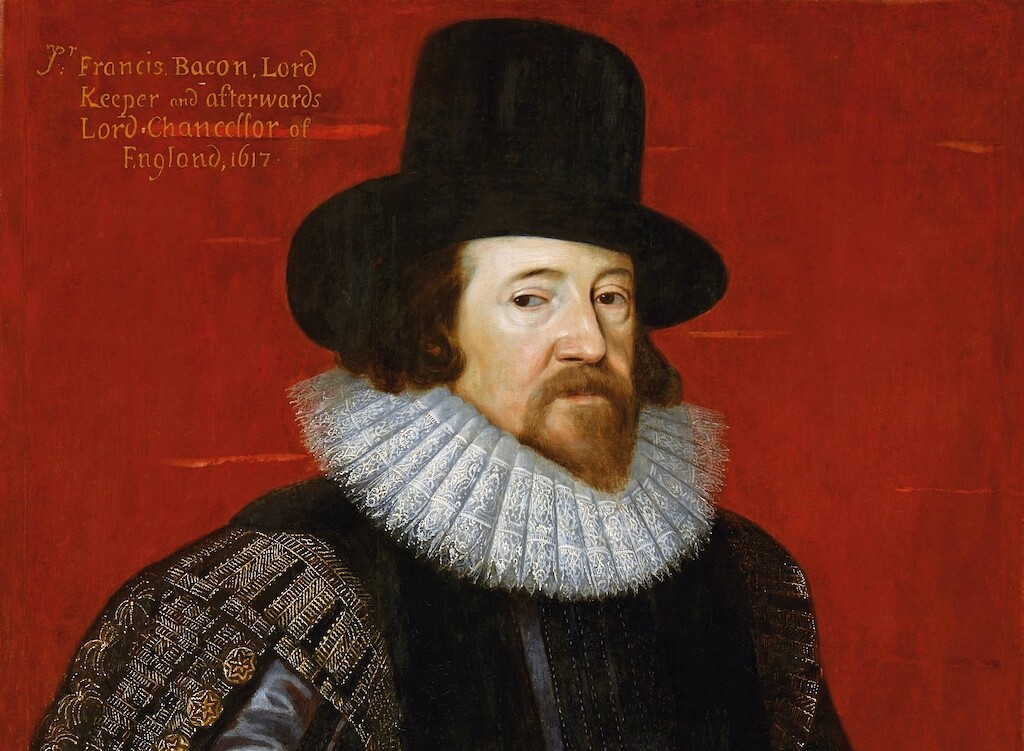
Christopher Marlowe
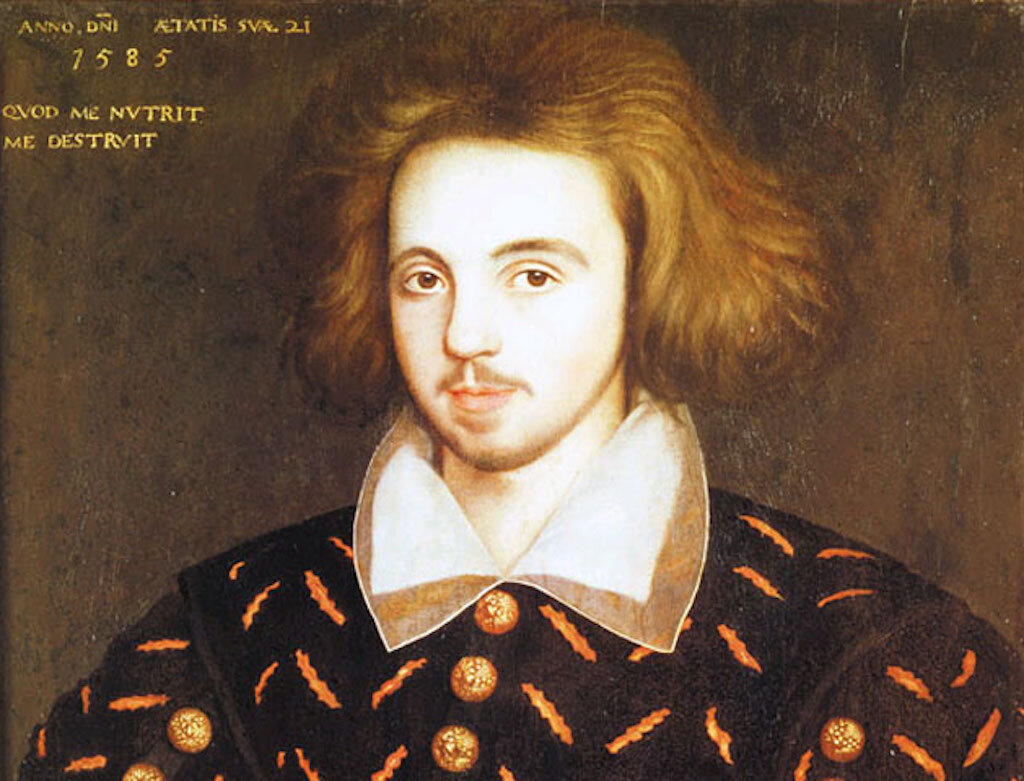
Another playwright that worked at the same time as Shakespeare is Christopher Marlowe. There is a very good chance that the pair knew one another or interacted personally. Marlowe reportedly died in a brawl on 30 May 1593. But followers of Marlowe (Marvolians) insist the report was false and designed to keep Marlowe out of prison on charges of being an Atheist. Shakespeare was named the author to protect Marlowe’s legacy.
William Stanley
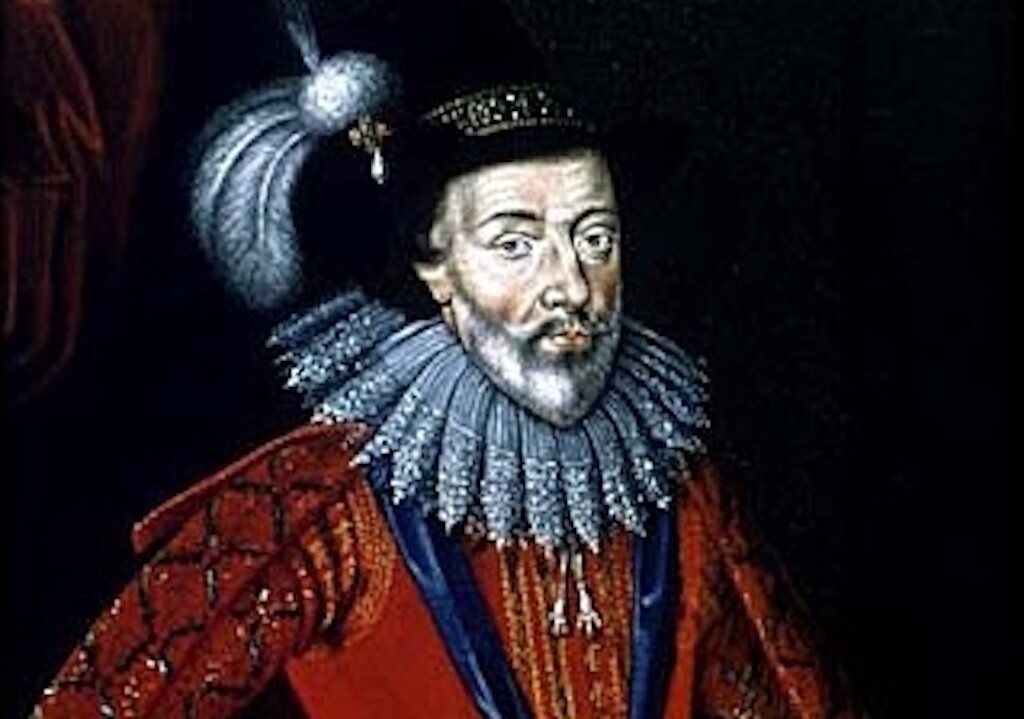
William Stanley is one of the strongest of all the contenders. The 6th Earl of Derby had his very own theatrical company called Derby’s Men and would often sign his name as Will. A frequent traveler around Europe, he would be in a precise position to research many customs and traits particular to many major cities or countries. By marriage to Elizabeth de Vere, he became related to William Cecil – considered by many to be the inspiration of Polonius from Hamlet. Then there are his very initials.
Roger Manners
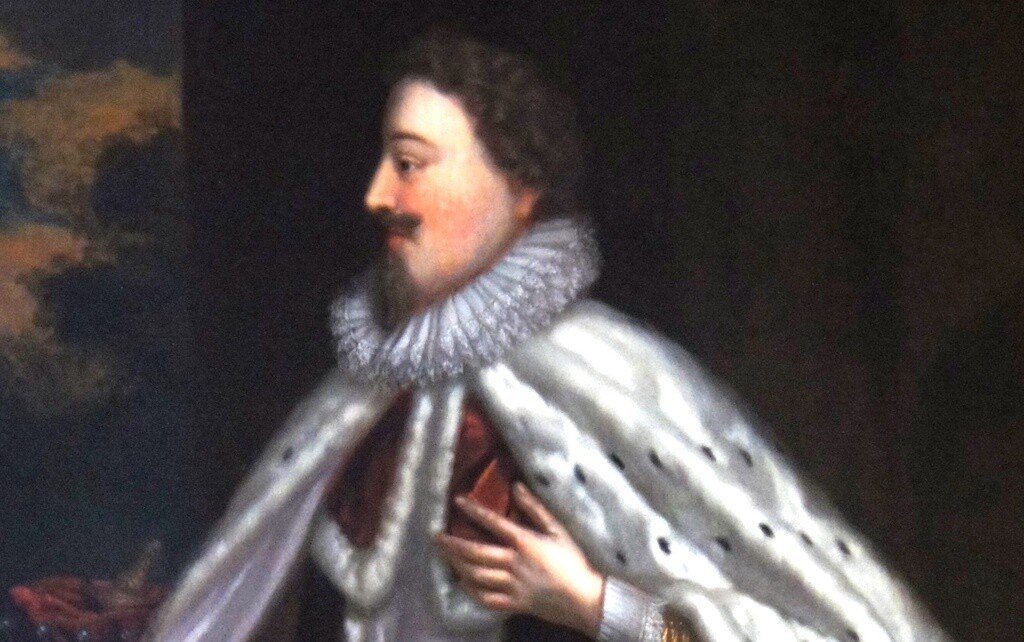
In 1907 a German literary critic called Karl Bleibtreu suggested that Roger Manners, the 5th Earl of Rutland, was the true author of Shakespeare. Manners married the daughter of Philip Sydney and Bleibtreu believed that the pair collaborated to write the complete works of Shakespeare. The one detail that goes against this argument was Manners age. When the first published work was made, Manners was just 16 years of age.
Various Authors
An intriguing idea suggested by two American authors several years apart is that no one person was credited with producing the works. Instead, a group under the stewardship, or perhaps guidance, of both Sir Francis Bacon and Sir Walter Raleigh. Joseph C Hart first wrote about this idea in a book he published in 1848. Eight years later, Delia Bacon wrote an article in support of this idea.
Many of these candidates are members of the aristocracy. By association, they would be perfectly suited to produce work of that caliber. However, there was also the belief at that time that writing plays was a menial task that was below the social standings of the aristocracy.
A Complete Unknown
If a peer of the realm really did produce such a dazzling portfolio of work then he would require someone to be the ‘face’ behind the words. Perhaps after publishing several plays or sonnets, the real author feared possible reprisal. In desperation, the author turned to an obscure unknown man and convinced him to accept the plaudits on his behalf.
If this is what indeed took place, then this man would surely have to be complicit in the scheme. Chances are he would be much lower in the social hierarchy of the time simply because there cannot be many people of that level that were openly willing to defy someone of much higher standing.
Maybe this unknown man lived in Stratford-upon-Avon with no appreciable history to speak of. Or perhaps, as some have even gone to claim, this man was not even English!
Is it possible that during a trip to Europe, say to Italy, that an immigrant was brought back to England and installed as the grandfather of English literature?
Sources
The Telegraph
UWGB
Shakespeare Online
BBC America
Wikipedia
Sites pulled on 5-6 August 2015